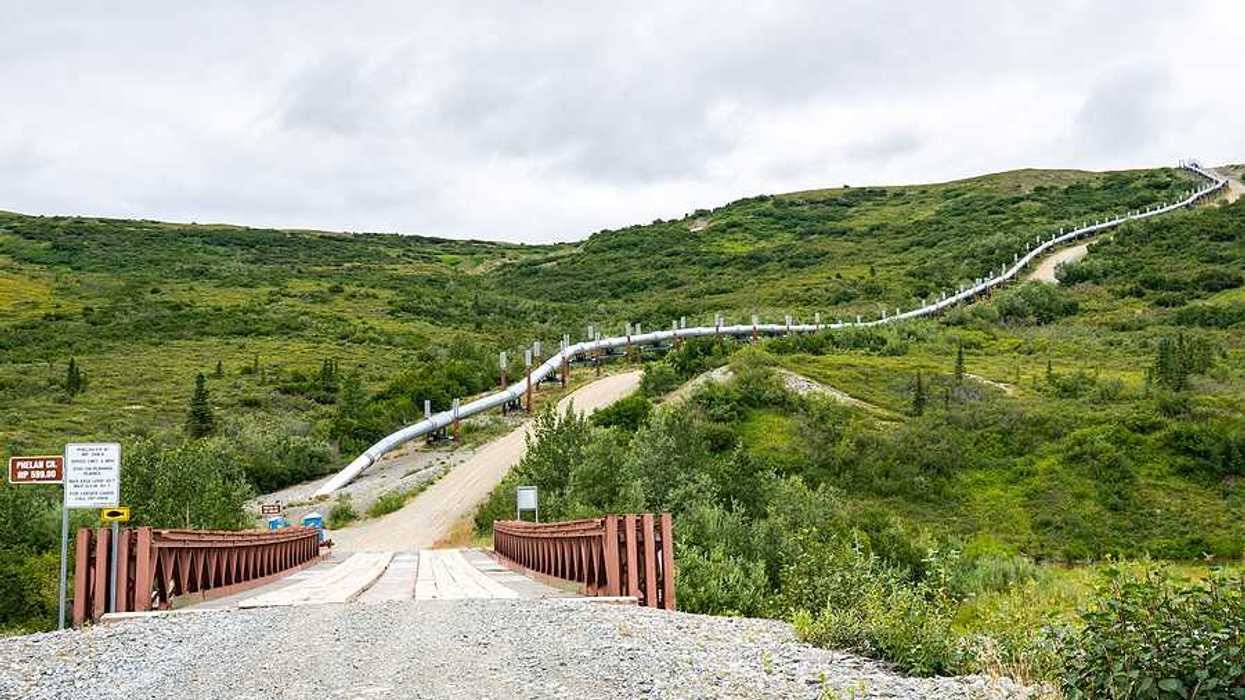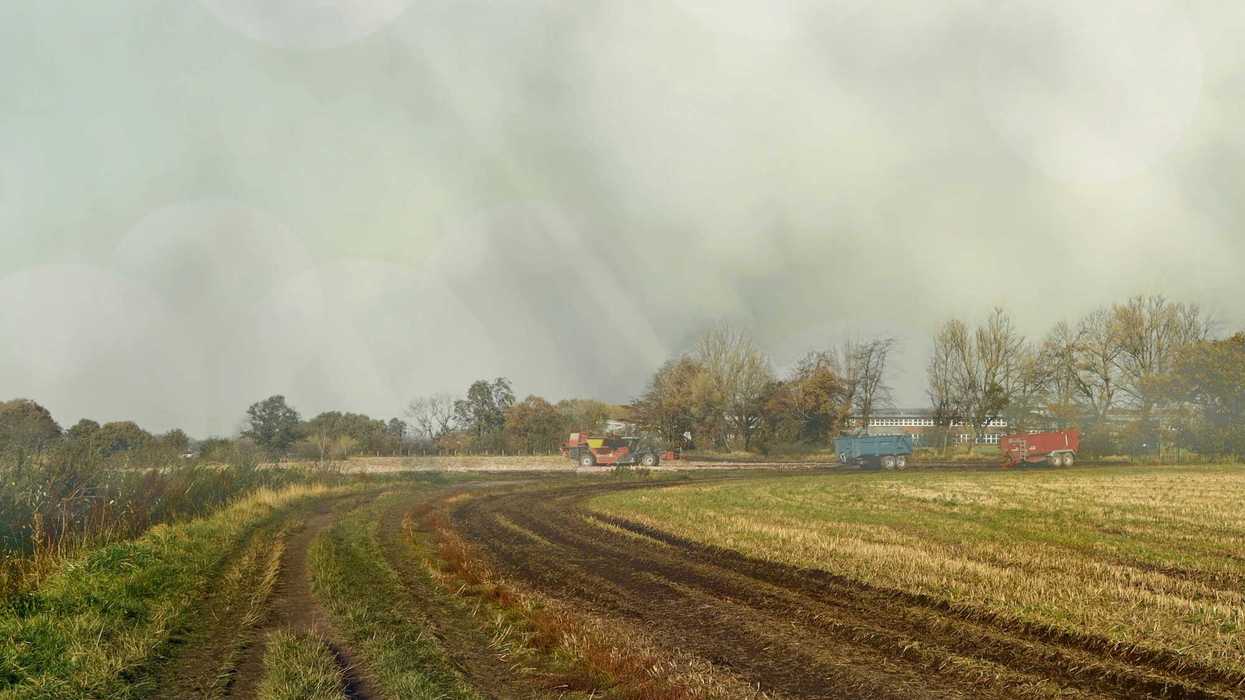India's ambitious project to link its rivers may provide solutions to water shortages but could also cause significant environmental and social disruptions.
Sushmita Pathak reports for Hakai Magazine.
In short:
- India plans to launch a $168 billion project to connect its rivers, aiming to address water shortages and improve irrigation.
- Experts warn that the project could displace half a million people, submerge vast tracts of land, and disrupt natural monsoon patterns.
- Critics argue that the government has not adequately considered alternative, less disruptive water management strategies.
Key quote:
[The] “initial assumption, is that river basins are independent systems and output from one … can be used to feed the other. [But] changes in one can lead to changes in another.”
— Tejasvi Chauhan, water engineer and biosphere modeler, Max Planck Institute for Biogeochemistry.
Why this matters:
This project could reshape India’s water management but might exacerbate environmental issues and displace communities, highlighting the need for sustainable solutions in tackling water crises. Read more: The planet is losing free-flowing rivers. This is a problem.














